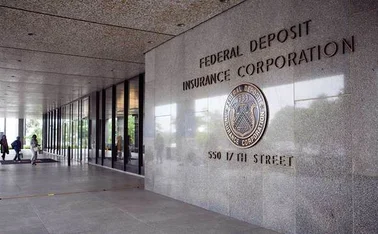
India's counter-cyclical buffer proposals a 'tax on banks'

Moves by the Reserve Bank of India (RBI) to implement a version of Basel III's counter-cyclical capital buffer (CCB) fail to address the real issues facing the domestic financial system, and effectively amount to a "tax on banks", according to Ajay Shah, professor at the National Institute of Public Finance and Policy – a think-tank affiliated with the Ministry of Finance.
Credit grew quickly in the run-up to the financial crisis, so regulators wanted a provision for banks to put in additional
Only users who have a paid subscription or are part of a corporate subscription are able to print or copy content.
To access these options, along with all other subscription benefits, please contact info@centralbanking.com or view our subscription options here: http://subscriptions.centralbanking.com/subscribe
You are currently unable to print this content. Please contact info@centralbanking.com to find out more.
You are currently unable to copy this content. Please contact info@centralbanking.com to find out more.
Copyright Infopro Digital Limited. All rights reserved.
As outlined in our terms and conditions, https://www.infopro-digital.com/terms-and-conditions/subscriptions/ (point 2.4), printing is limited to a single copy.
If you would like to purchase additional rights please email info@centralbanking.com
Copyright Infopro Digital Limited. All rights reserved.
You may share this content using our article tools. As outlined in our terms and conditions, https://www.infopro-digital.com/terms-and-conditions/subscriptions/ (clause 2.4), an Authorised User may only make one copy of the materials for their own personal use. You must also comply with the restrictions in clause 2.5.
If you would like to purchase additional rights please email info@centralbanking.com







